High-Level Climate Champions: These figures act as liaisons between governments and civil society
Behind the stage of climate diplomacy, they coordinate governments and strategic sectors to ensure their commitment to the Paris Agreement.
By Maiva D´Auria | maiva.dauria@cop30.br
The High-Level Climate Champions play a crucial role in global efforts to address climate change — acting as a liaison between governments and civil society. They coordinate climate actions led by companies, cities, regions, and financial institutions — supporting governments with their efforts for achieving Paris Agreement goals. With a strategic role, the Champions drive initiatives to achieve mitigation and adaptation ambitions to unlock resources and mobilize climate finance.
The High-Level Champions were launched in 2015 at COP21, and their mandates last for two years. As a result, two Climate Champions are constantly active: one from the current COP presidency — and one from the future presidency.
The Champions support the COP presidency, facilitating dialogue and engagement among different sectors of society to strengthen voluntary contributions, new initiatives, and coalitions. Each year, the Champions hold a high-level event with the Executive Secretary of the UN Climate Change, as well as the current and future COP presidencies.
"Voices of Climate Leadership" — Meet Some of the Champions Dan Ioschpe, COP30 High-Level Champion, Brasil
Since its launch, nine global leaders have filled the role of High-Level Climate Champion. On April 2, 2025, Brasil joined this select group when it announced entrepreneur Dan Ioschpe as its new representative. Ioschpe is the chairman of the board of directors of Iochpe-Maxion — as well as a member of the boards of WEG, Marcopolo, and Embraer — he also serves as one of the vice presidents of the Federation of Industries of the State of São Paulo (Fiesp). In 2024, he led the Business 20 (B20) during Brasil's G20 presidency.
Ioschpe believes that High-Level Champions play a crucial role in fostering collaboration among several societal sectors, including companies, governments at multiple levels, academia, associations, civil society, and communities, to enhance their involvement in climate discussions. He believes that without the active participation of these groups, reaching the 1.3 trillion USD climate finance target would be an even more challenging task
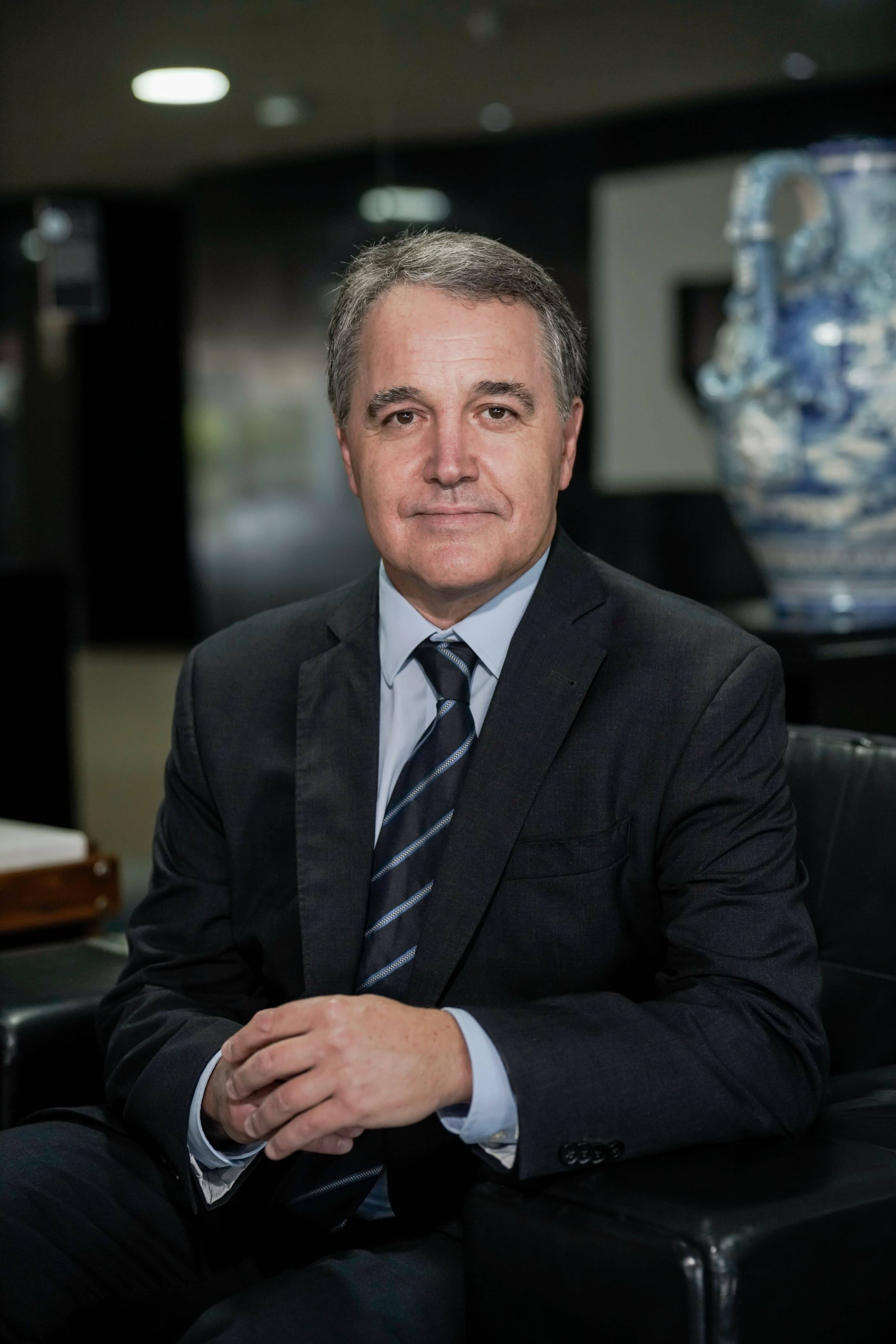
"There are several interesting solutions and initiatives in multiple sectors, and climate finance is no different," he says. "There are creative proposals that avoid exclusive dependence on a single source, such as the traditional North-South logic. Financial technologies offer massive potential as well. In the forestry sector, for instance, we already have several mechanisms that, when combined, can produce excellent results. Creativity and innovation are crucial to this process."
Ioschpe also highlights what he sees as the biggest challenge facing the climate agenda: "Mobilizing society to achieve the goals of the Paris Agreement. The urgency of the issue is evident, and climate action will be important to avoid significant setbacks in socio-economic development."
Nigar Arpadarai - COP29 - Azerbaijan
Nigar Arpadarai, an independent parliamentarian with a 15-year career in international organizations, sports and telecommunications, in 2024 was named High-Level Champion of COP29, held in Baku, Azerbaijan. After almost a year, she shares one of the most remarkable lessons she learned from the experience: the practical awareness of how deeply interconnected the world is. “Faced with the climate crisis, there is no room for divisions —it is a global challenge that requires unity and collective action,” she says.
During her mandate, Nigar was outstanding for mobilizing different sectors of society to tackle the climate agenda. One of the most far-reaching initiatives was the Impact Makers campaign, created to showcase inspiring stories of leadership and innovation in different regions, sectors, and communities. “I wanted to highlight people who, silently, are promoting real change towards a resilient, nature-positive future with net-zero emissions,” he explains.
Another highlight was the Climate-Proofing SMEs campaign (Proteção Climática para Pequenas e Médias Empresas), designed to strengthen these enterprises in the green transition. In partnership with 46 organizations, the initiative reached around 90 million businesses in over 100 countries, with a particular focus on emerging markets and developing economies. "These companies are key players: they account for around 40% of global GDP — and 90% of the world's jobs. Their agility, capacity for innovation —and local roots — are crucial. However, their voices remain largely unheard in climate debates. That must change," she argues.
For Nigar, climate transformation gains force in the real world. Tangible action encourages governments to dream even bigger - and to create the conditions necessary to turn ambitious targets into reality. "Fulfilling the Paris Agreement requires global solidarity and a broad, bold, and systemic transition towards a greener, sustainable economy. This year is especially decisive. As governments see more tangible economic change, they will be more motivated to act with courage and commitment," he says.
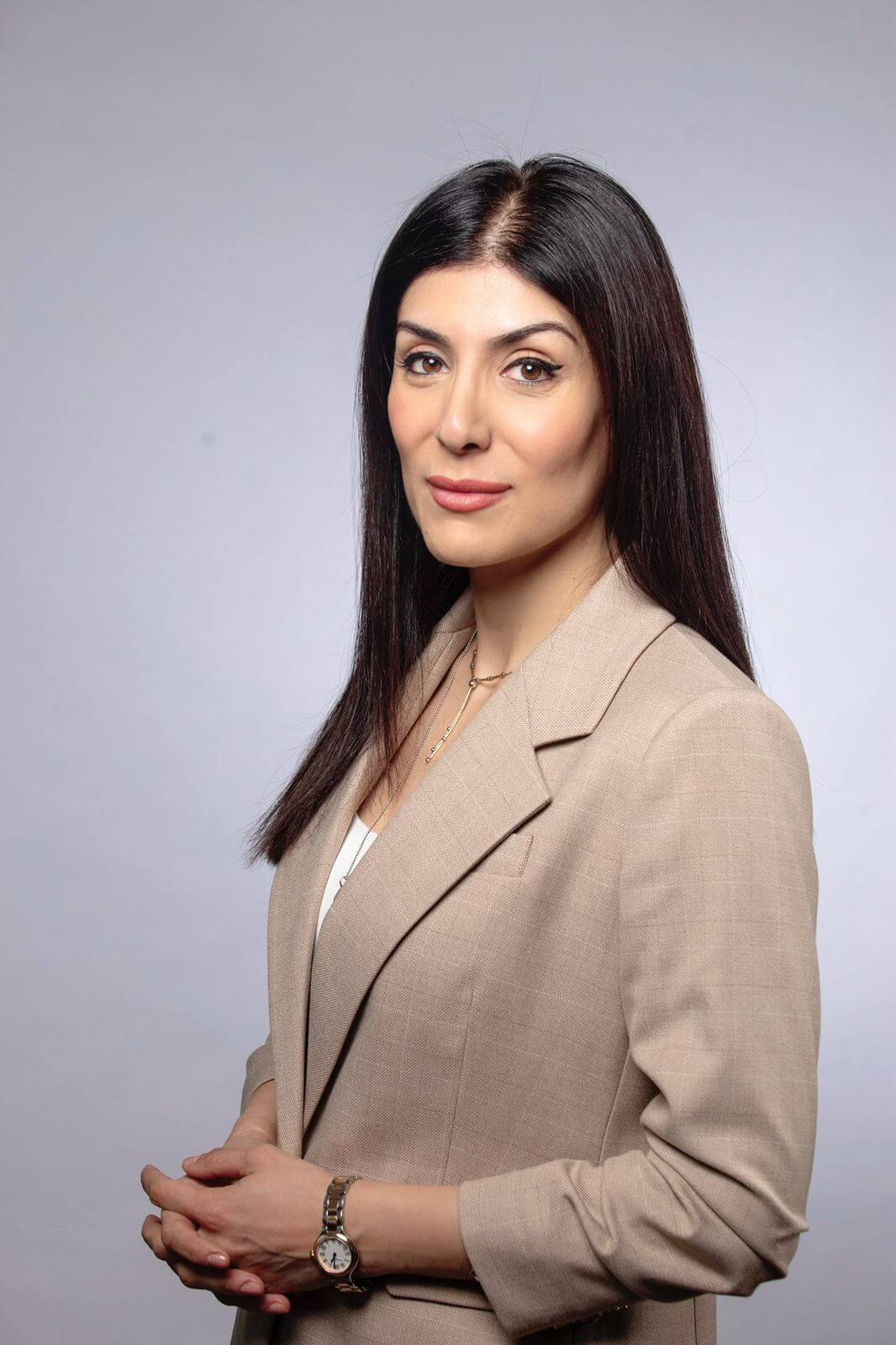
Razan Al Mubarak - COP28 - United Arab Emirates
Razan Al Mubarak has a remarkable journey in the conservation of nature. She was the second woman in 75 years to chair the International Union for Conservation of Nature (União Internacional para a Conservação da Natureza/ IUCN) and is also the founding director of the Mohamed bin Zayed Fund for Species Conservation — an initiative that has supported more than 2,500 projects in over 160 countries.
Given her impressive resume, she was chosen as one of the High-Level Champions at COP28, held in the United Arab Emirates — her performance was outstanding. One of the most important achievements of her mandate was to put nature at the center of the conference's climate agenda. From this point, forests, ecosystems, and Indigenous Peoples were recognized as essential elements for the Paris Agreement to be fulfilled.
"At COP28, I was with President Lula — and Minister Marina Silva — to highlight the key role of nature, forests, and indigenous peoples in climate action. We also launched the Joint Declaration on Climate, Nature and People— an important step in the integration of the climate, biodiversity, and desertification agendas," Razan said
Despite the progress, she points out that the Champions' biggest challenge remains: turning promises into tangible actions. “We need to deliver results faster, especially by investing in nature-based solutions and ensuring that these actions happen at the grassroots - in people's lives, which is where they matter most,” she concludes.
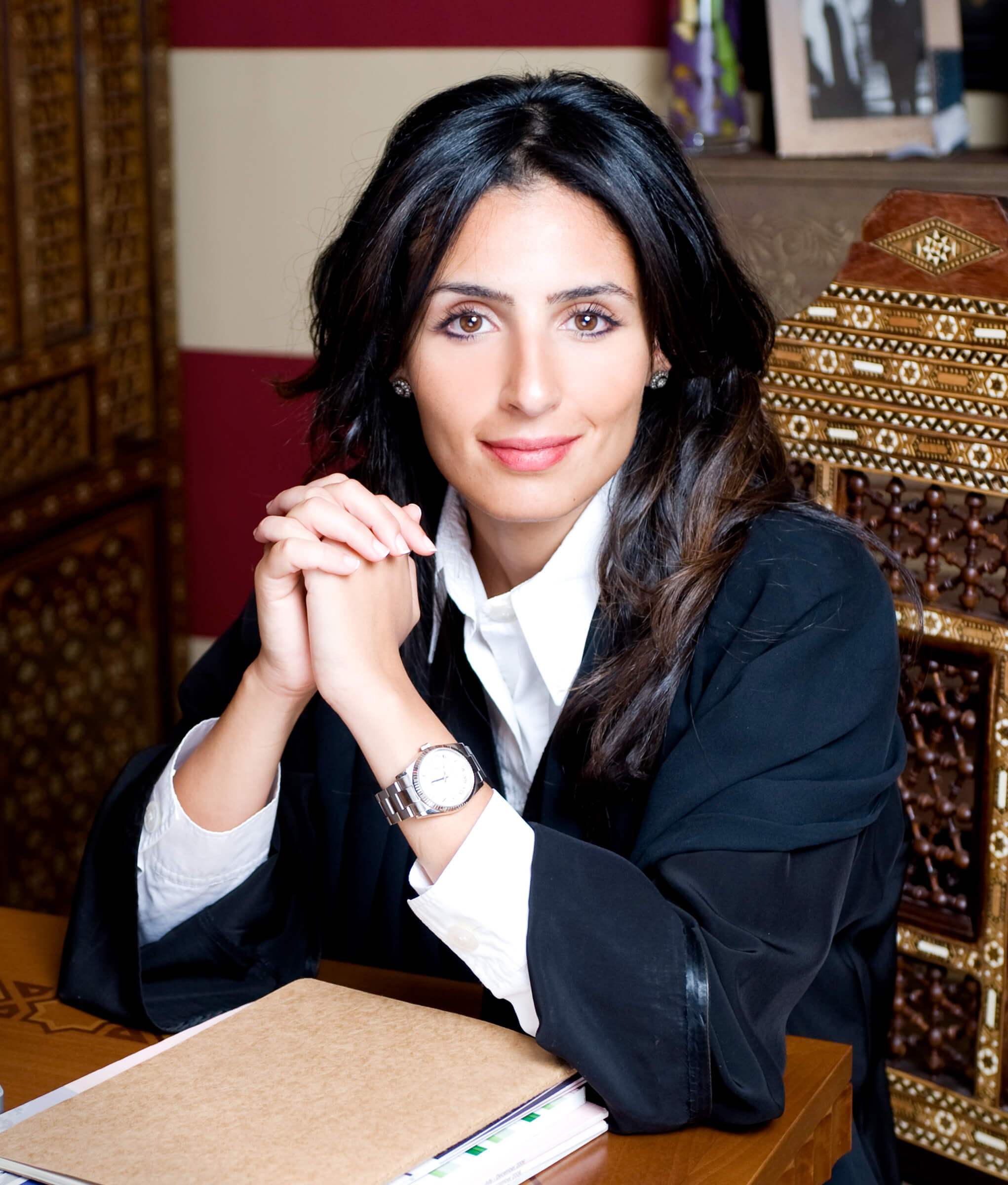
Mahmoud Mohieldin - COP27 - Egypt
Mahmoud Mohieldin is an economist with a background of more than 30 years in international finance and development. A former Minister of Investment in Egypt — and a former senior vice-president of the World Bank —he became a key figure at COP27 in terms of mobilizing contributions from non-state actors to tackle the climate crisis.
He believes that progress on climate action requires a multi-sectoral and integrated approach. "In the face of increasingly complex challenges, the only viable way to drive the transition is for the efforts of different sectors — public, private, civil society, companies, international and regional institutions, alongside philanthropic foundations — to complement each other," he argues.
During his mandate, Mohieldin stressed the importance of understanding climate finance as an extension of global development finance. To this end, he advocated regionalizing climate action — in other words, adapting efforts to the specific needs and challenges of each region and community.
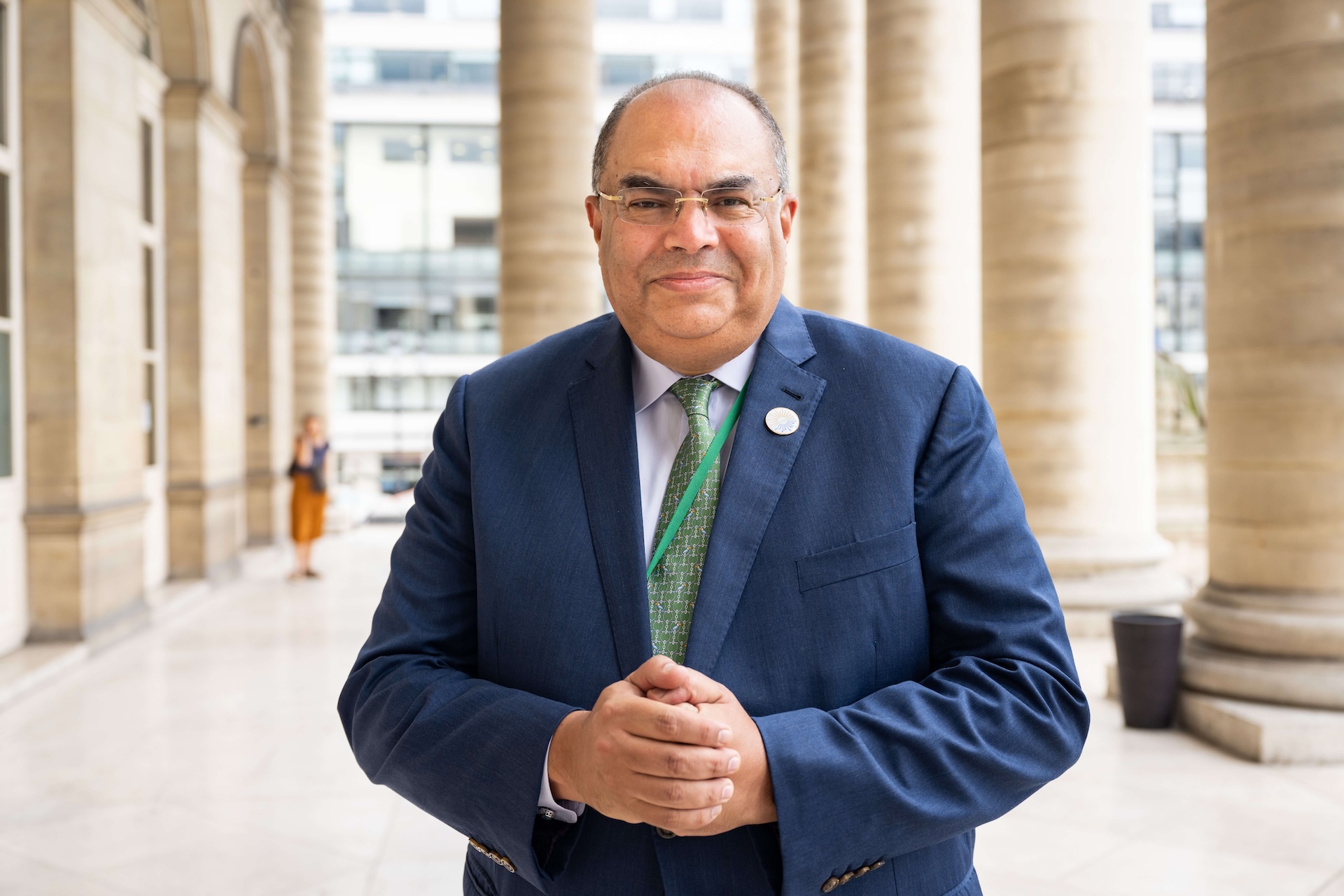
With this in mind, he led two initiatives aimed at making climate projects viable and attracting private sector investment. The first, in partnership with the UN Regional Economic Commissions and the presidencies of COP27 and COP28, created Regional Platforms for Climate Projects, which strengthen connections between governments, banks, and investors. The second, in Egypt, launched the National Initiative for Green and Smart Projects, connecting supply and demand for locally-based sustainable projects.
Both initiatives seek to address the climate finance gap and promote sustainable, inclusive development.
Nigel Topping - COP26 - United Kingdom
Nigel Topping has extensive experience coordinating efforts between the private sector and governments to encourage tangible climate action. He is one of the founders of Ambition Loop, a non-profit organization committed to promoting sustainable initiatives involving governments, civil society, and companies. During COP26, he led the launch of high-impact global campaigns such as Race to Zero, Race to Resilience, and the Glasgow Finance Alliance for Net Zero Emissions.
"The biggest challenge remains implementing ambitious ideas quickly, fairly, and on a large scale. That's precisely why we founded the nonprofit organization Ambition Loop: to promote systemic change by aligning audacious ideas with tangible actions," he said.
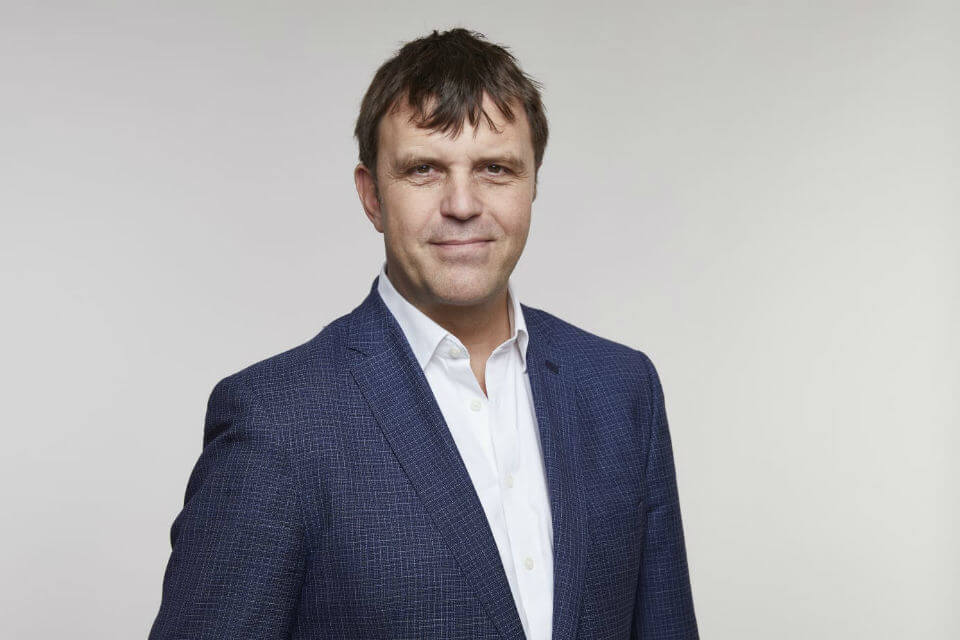
Gonzalo Munoz - COP 25 - Chile
Gonzalo Muñoz is more than an entrepreneur: he is a true agent of social and environmental transformation. In Chile, he revolutionized the recycling sector when he founded, in 2009, a company capable of processing 90% of household solid waste, paving its way to a future with less waste and more sustainable innovation. His leadership led him to represent Chile as a High-Level Champion at COP25, a position he also made an important mark.
“During my tenure, we helped establish a global architecture of accountability and leverage, introducing initiatives such as the Race to Zero campaign and Race to Resilience to the center of international climate efforts,” says Muñoz.
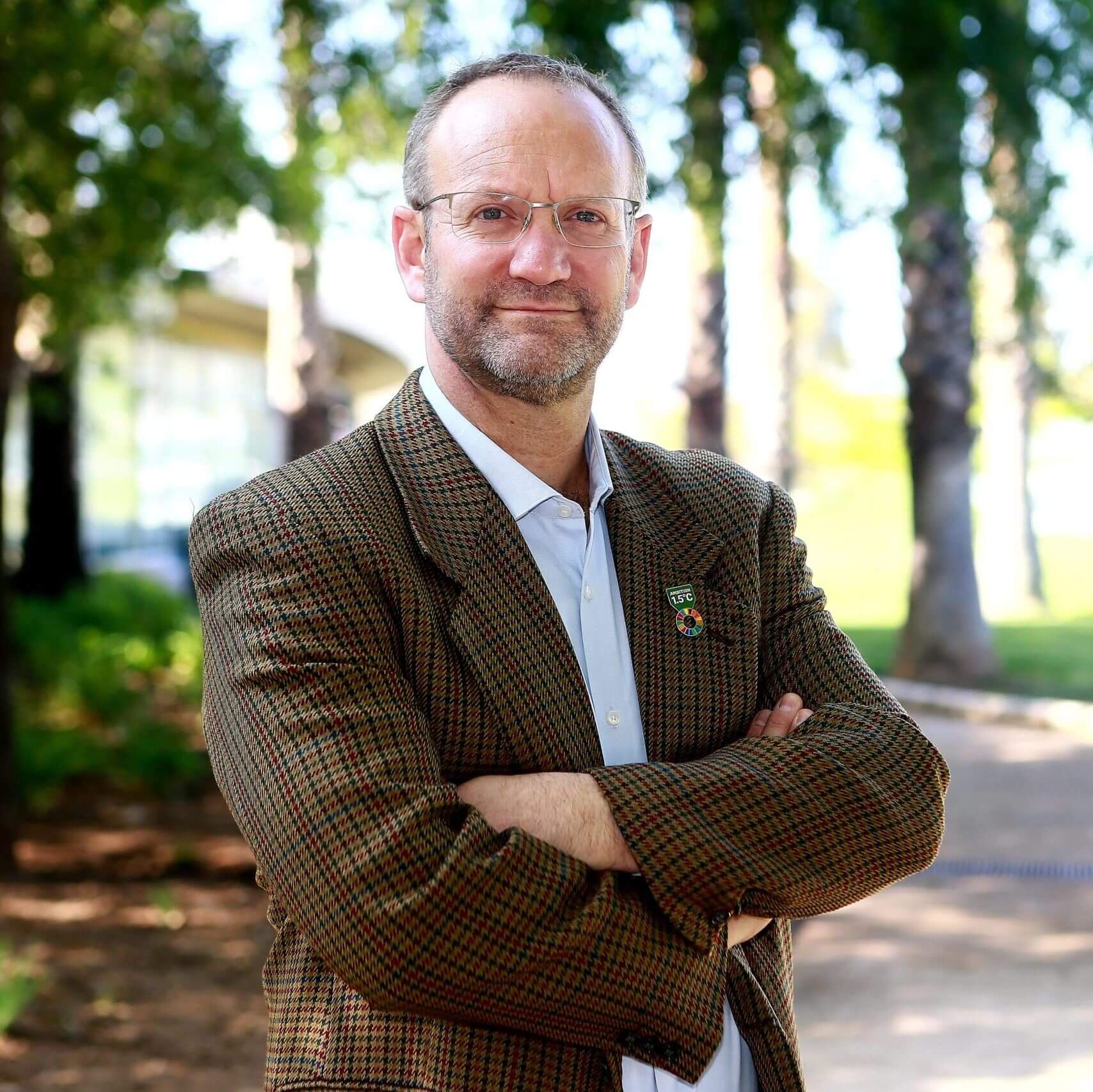
Laurance Tubiana - COP21 - France
Laurance Tubiana, an economics graduate, was a key player in the negotiations that led to the approval of the Paris Agreement in 2015. She was the first person to be nominated for the position of High-Level Climate Champion. With extensive experience in energy, agriculture and sustainable development, she works directly with governments and civil society on global and regional climate action initiatives. Tubiana is the CEO of the European Climate Foundation and a professor at Sciences Po University in Paris. Since 2018, she has been a member of the French High Council on Climate Change.
Since the High-Level Champions figure was launched, leaders from different parts of the world have collaborated to increase global engagement in the climate action agenda. Among them are Hakima El Haite (COP22 - Morocco), H.E. Inia Seruiratu (COP23 - Fiji) and Tomasz Chruszczow (COP24 - Poland). Each one left their mark on this collective effort for a more sustainable future. Find out more here.
Faced with the legacy left as well as still being built by these global leaders, it is crucial that everyone—citizens, the private sector, and public authorities — take on their role in this collective journey. Building a sustainable and resilient future requires tangible efforts in the present, from adopting mindful habits in the course of daily life to supporting public policies aligned with the climate action agenda.
We call on the population to join efforts in this cause — turning commitments into actions. Together, we can increase our impact and ensure a balanced environment for current and future generations.
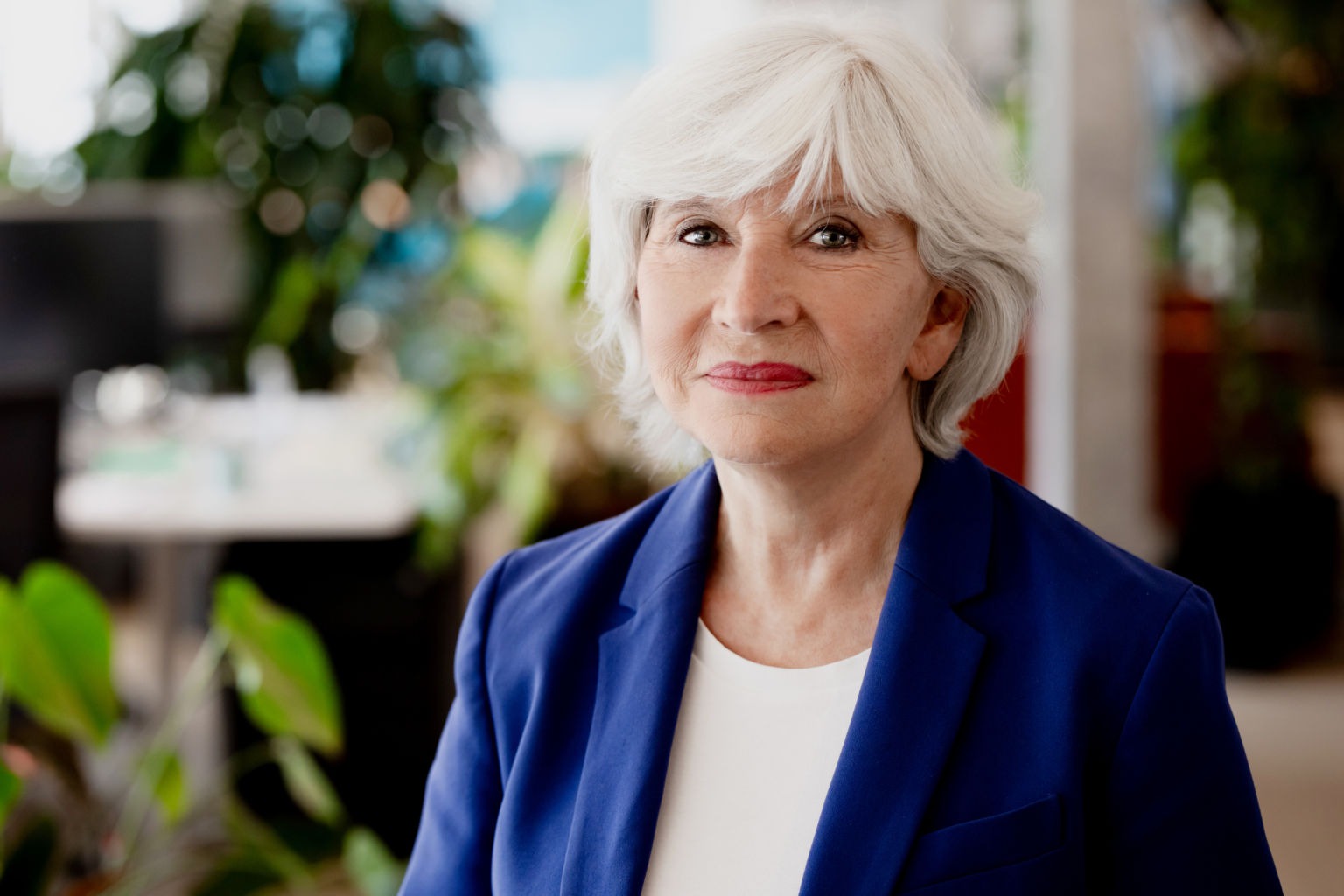
English Version: Trad. Bárbara Menezes
Proofreading by Enrique Villamil
